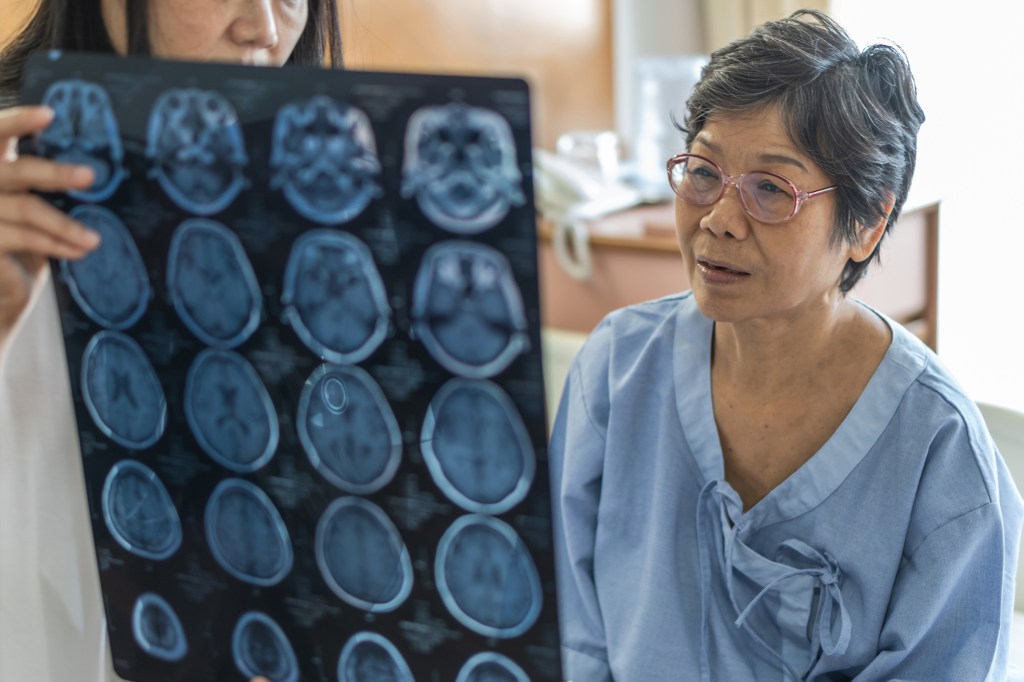- February 5, 2024
- 5 minutes read
Nose picking likely ‘partially’ to blame for Alzheimer’s disease: scientists

More On:
alzheimer’s disease
Dear Abby: The ladies in my water aerobics class disrespect the teacher – I’m done with it
This activity could have ‘profound impact’ for fighting dementia: study
Bruce Springsteen’s mother Adele dead at 98 after long battle with Alzheimer’s disease
Alzheimer’s disease found to be triggered through this medical treatment in bombshell study
You can pick your nose, but you can’t pick your pathogens.
A review of dozens of published studies into the mechanisms behind neurological diseases has collected strong evidence that people who frequently pick their noses are at a higher risk of developing Alzheimer’s disease.
The new report, compiled and written by researchers at Western Sydney University, was published in the journal Biomolecules late last year.
“Neuroinflammation in Alzheimer’s disease might be partially caused by viral, bacterial and fungal pathogens entering the brain through the nose and the olfactory system,” they wrote in the report.
Chronic nose-picking, medically known as rhinotillexomania, introduces germs into the sensitive nasal cavity that cause inflammation in the brain, which has been linked to the onset of Alzheimer’s disease.
Over 6 million people are living with the neurodegenerative disease, predominantly affecting those age 65 and older.
Scientists still aren’t precisely sure what causes Alzheimer’s disease, but in the brains of patients they have observed a buildup of a protein called tau, which is associated with the body’s immune response.
When immune cells are triggered by invasions too frequently, researchers believe that stress on the body, in the form of inflammation, can lead to various diseases.
In the brains of Alzheimer’s patients, doctors have observed a buildup of a protein called tau, which is associated with the body’s immune response. Getty Images
Authors of the latest report showed support for this theory, suggesting that shifts in the nasal environment caused by an overgrowth of germs could be the source of chronic, mild brain infections.
Such infections can exist seemingly without symptoms on the outside but may cause inflammation below the surface, leaving behind harmful plaques of protein that contribute to the development of neurodegenerative diseases, including Alzheimer’s.
A variety of common pathogens have been found in the brains of people with Alzheimer’s, such as the bacteria that cause pneumonia, the herpes virus, the coronavirus and the cat-derived parasite Toxoplasma gondii.
Researchers of the new report urged readers to refrain from putting their fingers in their noses — and, if they must, to wash their hands thoroughly before they do. Getty Images/iStockphoto
With prevention in mind, researchers urged for regular hand-washing.
They wrote, “One of the lessons learned from COVID-19 is the value of hand hygiene through frequent hand washing and the use of hand sanitizers, and we suggest these routine hygienic procedures be mandatory routine procedures for the incurable nose-picker.”
